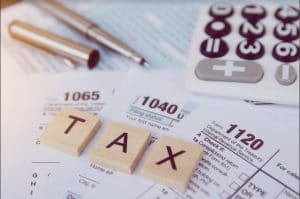
Can an S Corp and An Escort Take the 199A Deduction
Yes, shareholders in an S Corp and an escort can take the 199A deduction. However, this is only if they both meet the requirements for being eligible to take it, which is where it can become a little confusing. The IRS previously released a 247-page document describing the eligibility requirements for 199A. A tax attorney can assist taxpayers who are not sure if they qualify for this deduction.

What is the 199A Deduction?
As part of the
The 199A deduction could be limited depending on the:
- Type of business the taxpayer is engaged in
- Taxpayer’s taxable income
- W-2 wages that were paid
- Unadjusted basis immediately after acquisition (UBIA) of qualified property
The 199A is only for pass-through entities, therefore, it is not applicable to W-2 reported income. It only applies to qualified business income. Therefore, provided that the escort files his or her
Requirements for 199A Eligibility
For someone to call the 199A deduction, he or she needs to engage in their business activity on a regular basis. Business owners must also know what their taxable income is. In 2019, the threshold for a single individual was $160,700 to $210,700. If filing married jointly, the threshold range was $321,450 to $421,450.
If the business owner’s taxable income is less than the threshold amounts, they would simply take the qualified business income and deduct 20% of it against their business or specific trade. If the income goes above the income limits, the business owner would need to determine if the business is a specified service trade or business (SSTB) regarding the 199A deduction.
The






